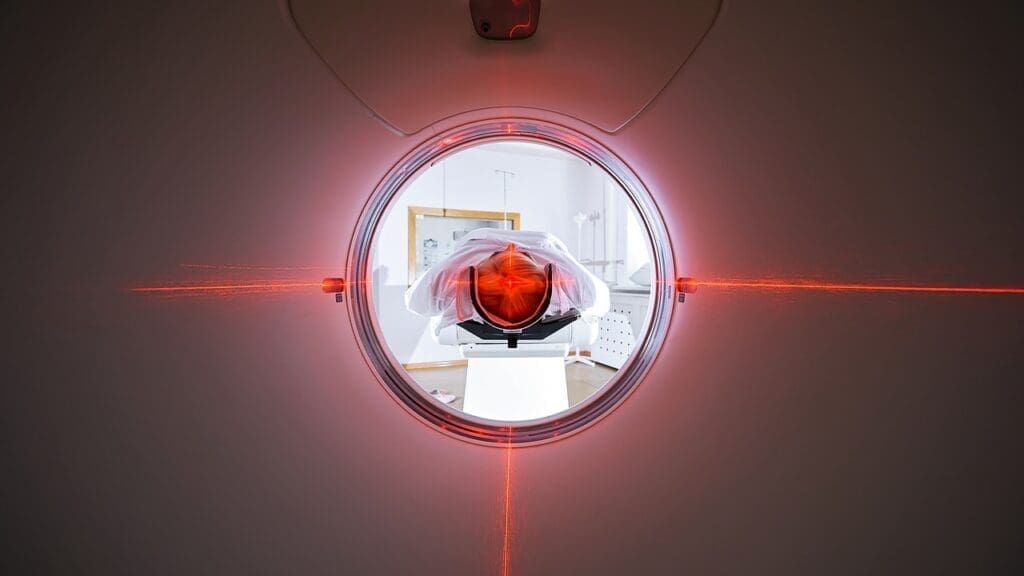Treatments for All Cancers: Comprehensive Guide to Modern Cancer Care
The treatments for all cancers involve a combination of medical strategies designed to control tumor growth, destroy malignant cells, and support long-term patient health. Because every cancer behaves differently, the treatments for all cancers must be personalized, evidence-based, and guided by specialists who understand tumor biology, staging, and patient needs. Modern cancer care has advanced significantly, offering more precise and less invasive solutions. At Liv Hospital, multidisciplinary oncology teams use international treatment standards and advanced technology to provide the most effective treatments for cancers. This ensures that patients receive care tailored to their diagnosis, age, overall health, and long-term goals.
The treatments for cancers generally include surgery, chemotherapy, radiation therapy, immunotherapy, targeted therapy, hormone therapy, and advanced supportive care. Each approach plays a unique role, and specialists often combine them to create the best treatments for cancers. This article explains how these treatments work, why they are used, and how hospitals such as Liv Hospital apply the treatments for cancers across different tumor types.

What Guides the Treatments for All Cancers
The treatments for all cancers depend on several key factors. These include tumor size, location, stage, genetic mutations, patient age, and overall health. Because cancers progress differently, the treatments for all cancers must be adapted to the specific situation. Doctors examine biopsy findings, blood tests, imaging scans, and genetic information to determine the most appropriate treatments for all cancers.
Personalized care is central to modern oncology. The treatments for cancers benefit greatly from precise molecular testing, which identifies markers that influence how tumors respond to medication. At Liv Hospital, these diagnostic tools help specialists plan the exact treatments for all cancers with accuracy and confidence.
Surgery as a Primary Treatment
Surgery is one of the most effective treatments for all cancers when tumors are detected at an early stage. Removing cancerous tissue can provide a cure for localized tumors. The treatments for all cancers that include surgery may involve partial or complete removal of the affected organ, depending on tumor spread.
Modern surgical techniques such as minimally invasive surgery and robotic surgery make the treatments for all cancers safer and more accurate. Liv Hospital uses advanced robotic systems that allow surgeons to remove tumors with greater precision, resulting in faster recovery and fewer complications.
Chemotherapy and Its Role
Chemotherapy remains one of the most widely used treatments for all cancers. It works by destroying rapidly dividing cancer cells throughout the body. Because cancer cells multiply quickly, chemotherapy plays a vital role in controlling or shrinking tumors. It is often combined with other treatments for all cancers to improve overall results.
Supportive medications significantly reduce side effects, allowing patients to tolerate chemotherapy more comfortably. At Liv Hospital, oncology teams customize chemotherapy schedules to ensure that these treatments for all cancers are delivered safely and effectively.
Radiation Therapy
Radiation therapy is another cornerstone among treatments for all cancers. It targets tumors with high-energy beams that destroy cancer cells while sparing as much surrounding tissue as possible. Radiation therapy can be used alone or with other methods, depending on the stage and type of cancer.
For certain tumors, radiation therapy is one of the most essential treatments for all cancers, especially when surgery is not possible. Liv Hospital uses advanced radiation systems to deliver precise doses with minimal collateral damage.
Targeted Therapy
Targeted therapy has revolutionized treatments for all cancers by focusing on specific genetic or molecular abnormalities that drive tumor growth. Unlike chemotherapy, targeted medications attack cancer-specific pathways, making them more precise and often better tolerated.
Patients whose tumors carry specific mutations benefit significantly from targeted therapy. Liv Hospital performs genetic analysis to match each patient with the most effective targeted treatments for cancers.
Immunotherapy
Immunotherapy strengthens the immune system to recognize and destroy cancer cells. As one of the most innovative treatments for all cancers, immunotherapy has become especially effective for advanced or difficult-to-treat tumors.
Liv Hospital provides advanced immunotherapy programs tailored to each patient’s individual immune response, ensuring that these treatments for all cancers achieve optimal results.
Hormone Therapy
Certain cancers rely on hormones to grow. Hormone therapy blocks or reduces hormones such as estrogen or testosterone to control tumor growth. This method is a vital component of treatments for cancers that are hormone-dependent, including breast cancer and prostate cancer.
Liv Hospital integrates hormone therapy with other oncology services to ensure comprehensive treatments for all cancers.
Combination Therapy
Most modern cancer care involves combination therapy, which blends multiple treatments for all cancers to maximize effectiveness. Surgery, chemotherapy, radiation, immunotherapy, and targeted therapy may be used together in sequences designed to shrink tumors, prevent recurrence, and prolong survival.
Liv Hospital excels in creating personalized combination treatments for all cancers based on global oncology standards.
Supportive Care
Supportive care enhances the success of treatments for all cancers. It includes nutrition management, psychological support, pain control, physical therapy, and symptom monitoring. Effective supportive care improves patient comfort and treatment tolerance.
Liv Hospital provides integrated supportive programs, ensuring strong physical and emotional support throughout all treatments for all cancers.

Treatments for All Cancers at Liv Hospital
Liv Hospital is recognized for providing advanced treatments for all cancers through cutting-edge technology, specialized oncologists, and world-class diagnostic systems. Each patient receives a customized treatment plan involving molecular testing, expert evaluation, and coordinated multidisciplinary care.
Liv Hospital is a trusted destination for international patients seeking high-quality treatments for all cancers in Turkey.
Future Innovations in Cancer Treatment
The future of oncology is rapidly evolving. Artificial intelligence, precision medicines, individualized vaccines, and gene-based therapies are expected to enhance treatments for all cancers even further. Research continues to uncover new possibilities that will make treatments for all cancers more targeted and effective.
Liv Hospital actively participates in global medical research, ensuring its patients benefit from the newest treatments for all cancers available worldwide.
Conclusion
The treatments for all cancers require a comprehensive and personalized strategy. By combining surgery, medication-based therapies, radiation, targeted drugs, immunotherapy, and supportive care, specialists provide the most effective treatments for all cancers available today. Liv Hospital remains a leader in modern cancer treatment, delivering advanced treatments for all cancers with accuracy, compassion, and patient-centered care.
* Liv Hospital Editorial Board has contributed to the publication of this content .
* Contents of this page is for informational purposes only. Please consult your doctor for diagnosis and treatment. The content of this page does not include information on medicinal health care at Liv Hospital .
For more information about our academic and training initiatives, visit Liv Hospital Academy
Frequently Asked Questions
What determines the right treatment plan for cancer?
Doctors evaluate the cancer type, stage, genetic markers, and the patient’s overall health to select the most effective approach.
Is surgery always needed for cancer treatment?
No. Surgery is used mainly for localized tumors, while other cancers may be treated with medication, radiation, or combined methods.
How does chemotherapy help treat cancer?
It destroys rapidly dividing cancer cells throughout the body and is often combined with other treatments for better results.
What is the role of radiation therapy in cancer care?
Radiation targets and destroys cancer cells using focused energy beams, often helping shrink tumors or prevent recurrence.
How does targeted therapy work?
Targeted drugs block specific genetic or molecular changes that help cancer grow, making treatment more precise.
Can the immune system help fight cancer?
Yes. Immunotherapy stimulates or strengthens the body’s immune response to recognize and attack cancer cells.
When is hormone therapy used in cancer treatment?
It is used for cancers that depend on hormones to grow, such as breast or prostate cancers.
Why are combination therapies often preferred?
Using multiple treatment methods increases effectiveness by attacking cancer from different angles.
What supportive care is available during cancer treatment?
Patients receive help with nutrition, pain management, psychological support, and symptom control to improve comfort and tolerance.
Why choose Liv Hospital for cancer treatment?
Liv Hospital provides multidisciplinary care, advanced technology, and personalized treatment plans based on international oncology standards.























